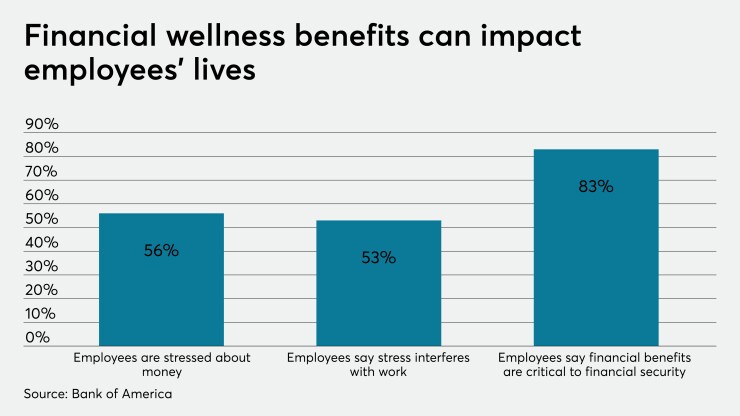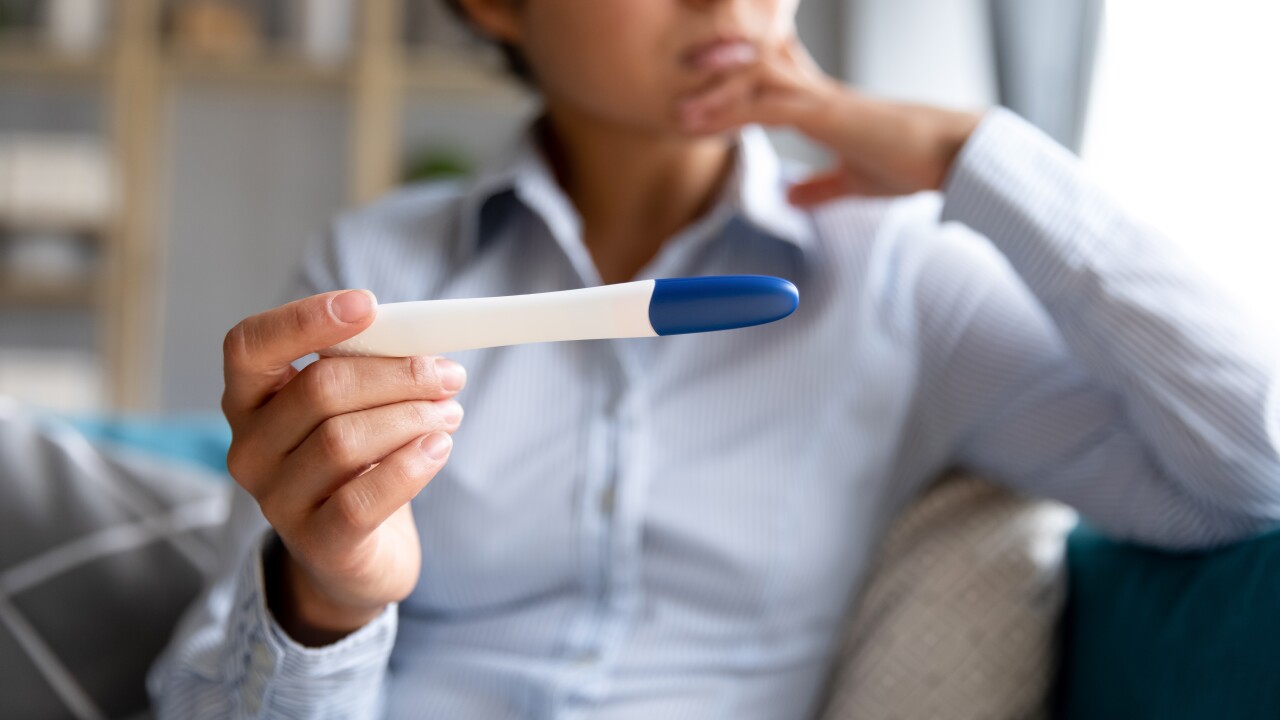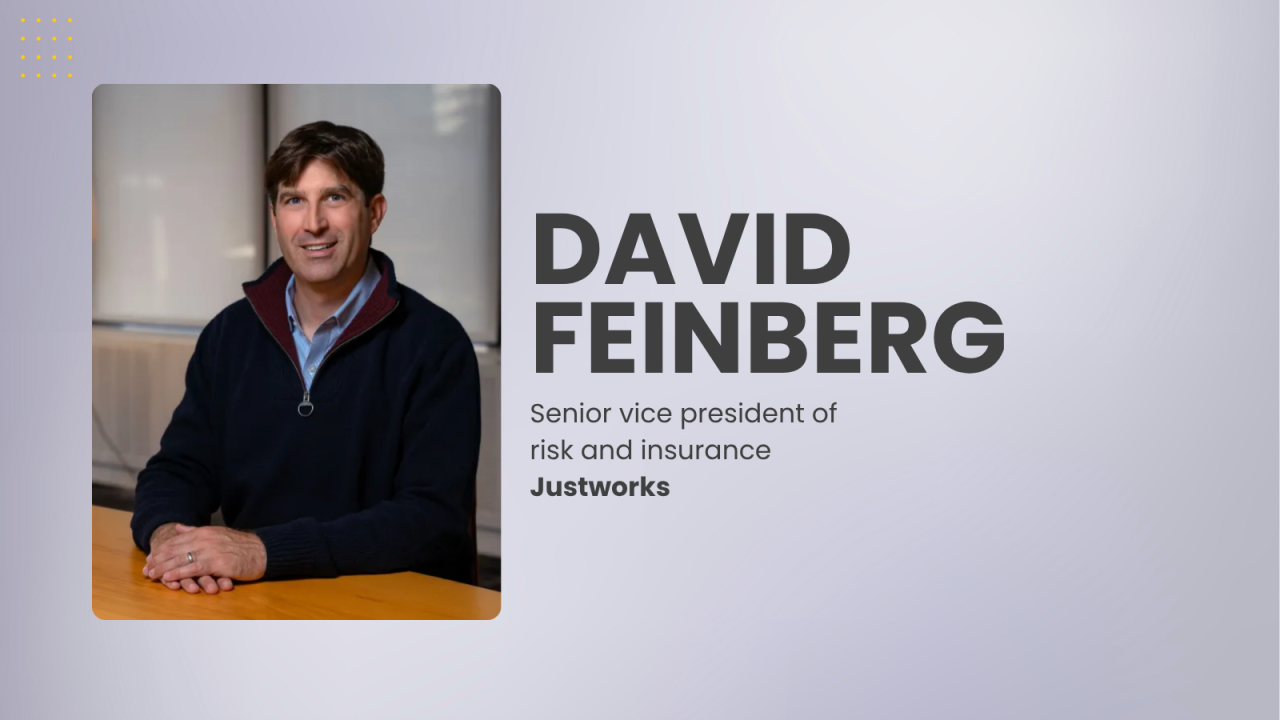The Consumer Financial Protection Bureau issued two groundbreaking notices at year-end, both involving
The CFPB’s
The criteria are:
- The EWA Program must be employer-based.
- EWA amounts cannot exceed the amount of earned but unpaid wages.
- EWA must be free, but a “nominal processing charge” may be permitted.
- Recovery of EWA amounts can only through payroll deduction.
- No legal recourse against an employee in the event of a failed deduction.
- Clear disclosures to users.
- No credit checks.
This means that, in order not to be considered credit under the Opinion, an EWA provider
Another critical criterion is that the EWA provider can only recover the amounts that employees access through payroll deductions. The CFPB grounds its logic by stating that it “believes that a Covered EWA Program facilitates employees’ access to wages they have already earned, and to which they are already entitled, and thus functionally operates like an employer that pays its employees earlier than the scheduled payday.”
Read more:
This criterion necessarily excludes EWA providers that use intermediary accounts; specifically providers that require users to deposit their entire paycheck into a provider-controlled intermediary account which sits between the employer and worker.
Thus, such providers risk being considered a lender that must abide by both federal and state lending laws. This intermediary account model could also trigger wage assignments laws and may allow employees to access the full amount of their pay, leaving nothing, or even a negative balance on payday.
Following the Advisory Opinion, the CFPB issued an
Currently, no other providers have such an approval order from the CFPB.
While states have their own set of rules, they often look to the CFPB for guidance. The New Jersey Assembly, for example, just passed the first ever law expressly recognizing earned wage access by unanimous consent. This unanimous and bipartisan approval demonstrates that state legislators see the value in EWA as well.
Overall, this regulatory clarity is fantastic news for employers and workers. The federal consumer financial watchdog has officially acknowledged that EWA is not only a new financial product, but also, “an innovative way for employees to meet short-term liquidity needs that arise between paychecks without turning to more costly alternatives like traditional payday loans.”






